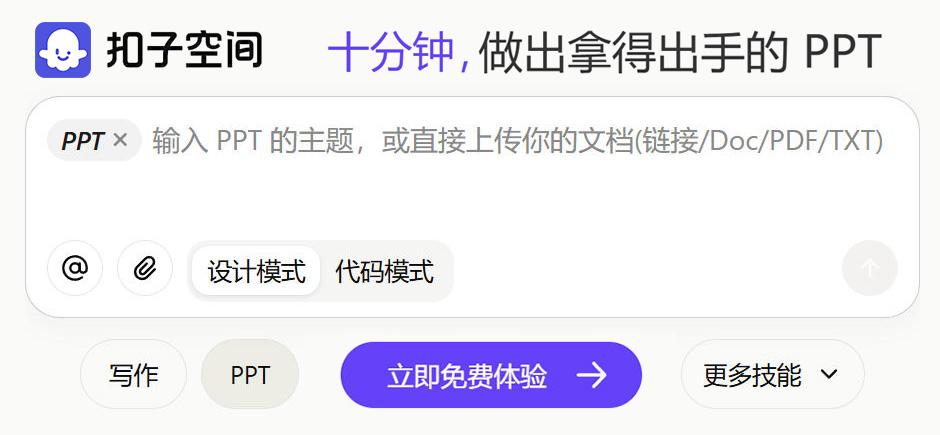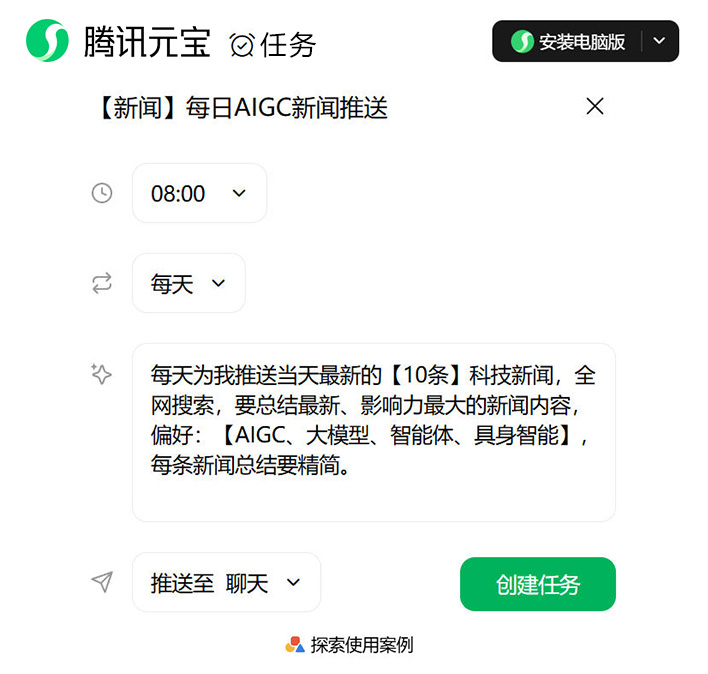Erhu: The Art of Sound and Its Evolution in AI Music Generation
The erhu, a traditional Chinese instrument, has long been celebrated for its expressive and emotive qualities. Its rich tonal range and melodic complexity have made it a cornerstone of Chinese musical heritage. In the age of AI, the erhu is finding new life, with modern technology enabling the creation of music that is both authentic and innovative. This article explores how AI is transforming the world of erhu music, from the generation of traditional compositions to the creation of new, experimental works.
AI music generation is a rapidly evolving field that leverages machine learning algorithms to create or enhance musical compositions. In the context of the erhu, this technology allows for the recreation of classic pieces or the development of entirely new works that reflect the spirit of the instrument. By analyzing patterns in traditional erhu music, AI can generate new melodies, harmonies, and rhythms that are both familiar and novel.
One of the most significant applications of AI in erhu music is the ability to generate traditional compositions. AI systems can process vast amounts of historical erhu music data, identifying key characteristics such as tone, rhythm, and emotional tone. This enables the creation of new pieces that are stylistically consistent with the erhu’s traditional sound. For example, AI can generate a new erhu piece that captures the essence of a classical Chinese melody, while also incorporating modern elements that reflect contemporary musical trends.
Additionally, AI is being used to create new compositions that push the boundaries of traditional erhu music. By combining traditional techniques with modern digital tools, artists can experiment with new forms and structures. For instance, AI can assist in composing a piece that blends the erhu with electronic sounds, resulting in a unique auditory experience that is both innovative and rooted in tradition.
The use of AI in erhu music also extends to the creation of interactive and dynamic compositions. With the help of machine learning, AI can generate music that responds to user input, creating a personalized listening experience. This opens up new possibilities for live performances and digital music creation, allowing musicians to engage with their audience in unprecedented ways.
In terms of technical implementation, AI music generation for the erhu involves several key steps. First, data collection is essential, where a large dataset of erhu music is gathered and preprocessed. This data is then used to train machine learning models that can generate new compositions. These models are often fed with information about musical theory, rhythm, and melody, allowing them to produce music that is both coherent and stylistically accurate.
Another important aspect of AI-generated erhu music is the use of natural language processing (NLP) to create descriptive text that can be used as a guide for the AI. This text can provide context about the emotional tone, cultural significance, and historical background of a piece, helping the AI to generate music that is not only technically sound but also emotionally resonant.
To ensure that the AI-generated erhu music remains authentic, it is crucial to maintain a balance between algorithmic creatiViTy and traditional techniques. While AI can generate new melodies and harmonies, it should not replace the human element of music-making. Instead, it should serve as a tool that enhances the artist’s creative process, allowing for greater expression and innovation.
In conclusion, the integration of AI into erhu music generation is a powerful development that opens up new possibilities for both traditional and contemporary musicians. By combining the richness of the erhu with the power of AI, artists can create music that is both authentic and innovative. As technology continues to advance, the future of erhu music is likely to be shaped by a blend of tradition and innovation, making the erhu an ever-evolving symbol of cultural expression.








 津公网安备12011002023007号
津公网安备12011002023007号